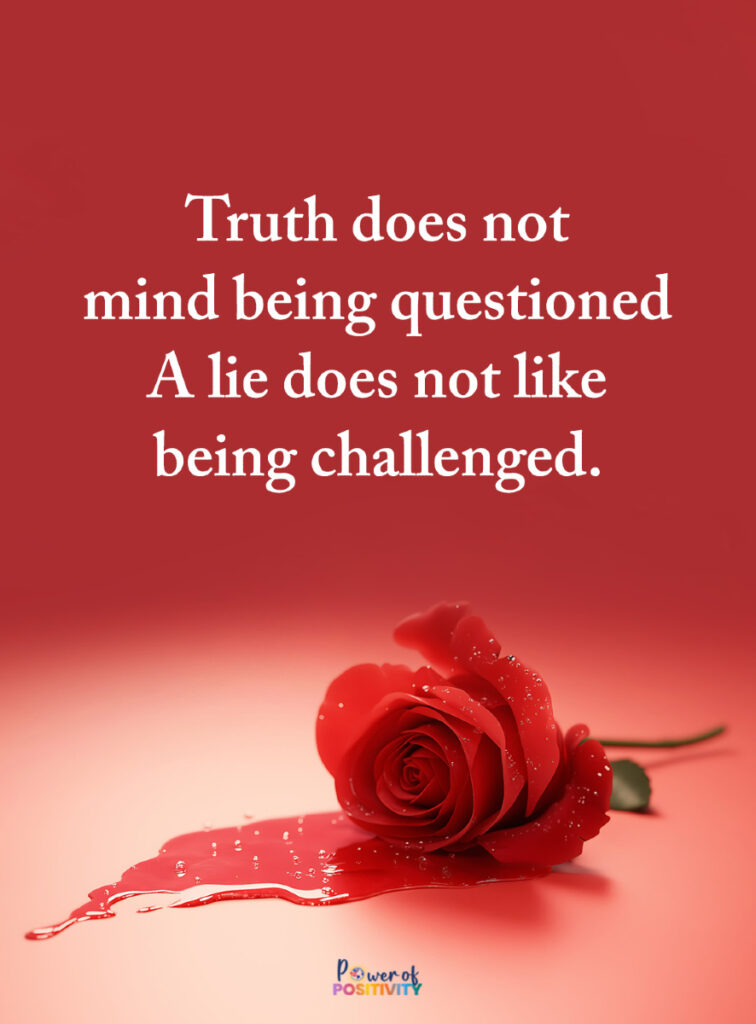Have you ever said something and instantly wished you could take it back? Maybe it slipped out in the heat of the moment, or you just didn’t think it through. We’ve all been there. Words can land hard, and once they’re out, you can’t pull them back.
Sometimes, staying silent is the smarter move—but people often see it as a weakness. The truth is, knowing when to stay silent takes self-control, confidence, and a little wisdom. It’s not about being passive—it’s about protecting your peace and picking your moments.
These days, silence is rare. We’re constantly texting, sharing, posting, and responding. There’s pressure to always have something to say, even when there’s nothing helpful to add. But not every situation needs your voice. Some of them just need your calm.
Think about how different things could turn out if you paused instead of reacting. If you chose stillness over noise. If you gave silence a little more credit.
When Silence Is the Wiser Move
Some moments call for speaking up. Others? Not so much. Knowing the difference can save you from stress, drama, or saying something you regret later. Silence might feel awkward at first, but it can actually show strength and self-control.
There’s a reason people say, “think before you speak.” But sometimes, the smartest move is to not speak at all. That quiet space gives you time to think, stay calm, and keep from saying things that might hurt you or someone else.
A lot of people think silence means you’re avoiding something or don’t care. But often, it means you’re choosing peace over proving a point. That takes a different kind of strength.
So when you’re not sure what to say—or whether to say anything at all—stop and check in with yourself. You might realize that staying quiet is exactly what’s needed.
Let’s go through a few everyday moments where knowing when to stay silent can really make a difference.
1. When You’re Still Processing What Just Happened
Right after something upsetting or confusing happens, your mind can go into overdrive. Emotions take the lead, and your thoughts haven’t quite caught up. Speaking too soon in these moments often leads to regret.
Taking a pause gives you the space to cool off and think clearly. It’s not about avoiding the issue—it’s about giving yourself a chance to understand what just happened and how you really feel about it.
There’s power in silence. Holding back a few words now can prevent a full-blown conflict later. You don’t need to have the perfect response right away. Let your feelings settle, then speak when you’re ready—not rushed.
2. When Someone’s Venting and Doesn’t Need Advice
One of the clearest moments when to stay silent is when someone is venting. Not every conversation calls for advice. Sometimes, people just want to be heard without being interrupted or corrected.
Jumping in too quickly with solutions can feel dismissive. Instead, listening quietly shows that you care. A simple nod, or letting them finish without jumping in, often says more than words ever could.
Just being there without trying to fix everything can be exactly what they need. Silence can be support.
3. When You Don’t Have All the Facts
It’s easy to want to add your voice to a conversation, especially when emotions are high. But speaking without knowing the full story can lead to confusion, or worse, damage someone’s trust.
Waiting to speak until you understand what’s really going on shows patience and thoughtfulness. You don’t need to guess or assume. Sometimes, saying nothing is what protects your credibility.
Listening first gives you time to form a clearer view. That way, when you do speak, your words are more likely to be helpful and accurate.
4. When You’re in a Room Full of Opinions
In heated group discussions, knowing when to stay silent can be one of your biggest strengths. Not every debate needs your input, especially when emotions are high and people aren’t truly listening.
Choosing silence in these moments lets you observe and learn. It also helps avoid saying something that adds to the tension or gets misunderstood.
You don’t need to talk over others to be heard. Sometimes the person who listens the most ends up being the one people respect the most. Patience and timing go a long way.
5. When You’re Trying to Win an Argument with Someone Who Just Wants to Fight
Some people aren’t looking for understanding—they just want to argue. No matter what you say, they’re ready with a comeback. These are the moments when silence says more than words ever could.
Knowing when to stay silent in the middle of a heated argument can keep things from going off the rails. You don’t have to match their tone or energy. In fact, staying calm and saying nothing at all can throw them off completely.
It also keeps you from getting pulled into an emotional mess. Arguing with someone who isn’t listening drains your time and peace of mind. Sometimes, walking away or giving them nothing to push against is the smartest move you can make.
6. When You’re About to Say Something You’ll Regret
Frustration can make you say things you never meant. And once those words are out, there’s no undo button. A single comment said in anger can hurt someone deeply—even if you apologize later.
In moments like these, the best thing you can do is stop. Take a breath. Let the silence hold your emotions for a second while you cool off.
You don’t have to say everything you feel in that exact moment. Giving yourself space helps you respond in a way you won’t regret later. A short pause can protect your relationships, your trust, and your peace.
People remember how you made them feel. And sometimes, they remember the one thing you wish you hadn’t said. Holding back for just a moment could save you from a lot of pain—for both of you.
7. When You’re in the Presence of Someone Wiser
Being around someone who’s been through more than you is a chance to grow. You learn more by listening than talking. It’s a simple truth, but easy to forget when you’re eager to share your own thoughts.
This is another moment when to stay silent can benefit you in a big way. Letting others speak gives you insight, experience, and often, advice you didn’t know you needed.
It also shows respect. You’re not just waiting for your turn—you’re giving your full attention. That’s rare, and people notice it.
You don’t always have to speak to be seen as smart or confident. Often, the person who says the least learns the most. Silence can help you pick up on the little things that make a big difference later on.
Why Staying Silent Isn’t Weak—It’s Strategic
Staying quiet isn’t always easy. In a world where everyone’s expected to have a quick opinion or speak up fast, silence can feel strange—like you’re doing something wrong. But the truth is, choosing not to speak is sometimes the strongest move you can make.
Knowing when to stay silent isn’t about avoiding hard things. It’s about protecting what matters—your peace, your energy, and your relationships. Silence gives you room to think clearly instead of reacting in the moment.
It’s not weakness. It’s control. And while others may rush to talk, staying quiet can give you the upper hand. You’re not backing down—you’re just being smart about what’s worth your words.
Sometimes the smartest voice in the room is the one that’s not speaking at all.
Final Thoughts on Choosing Silence When It Counts
You don’t always have to speak to prove a point. Sometimes, not saying anything at all is the smarter choice. Silence can be a boundary, a pause, or a way to stay in control when things get heated.
One of the most underrated skills is knowing when to stay silent. It’s not about avoiding people—it’s about choosing peace over unnecessary drama. You’re not weak for staying quiet. You’re just picking your battles with care.
If you’re ever unsure what to say, silence is rarely the wrong move. Like the Dalai Lama once said, “Silence is sometimes the best answer.” That quiet moment might be where your best decision lives.















